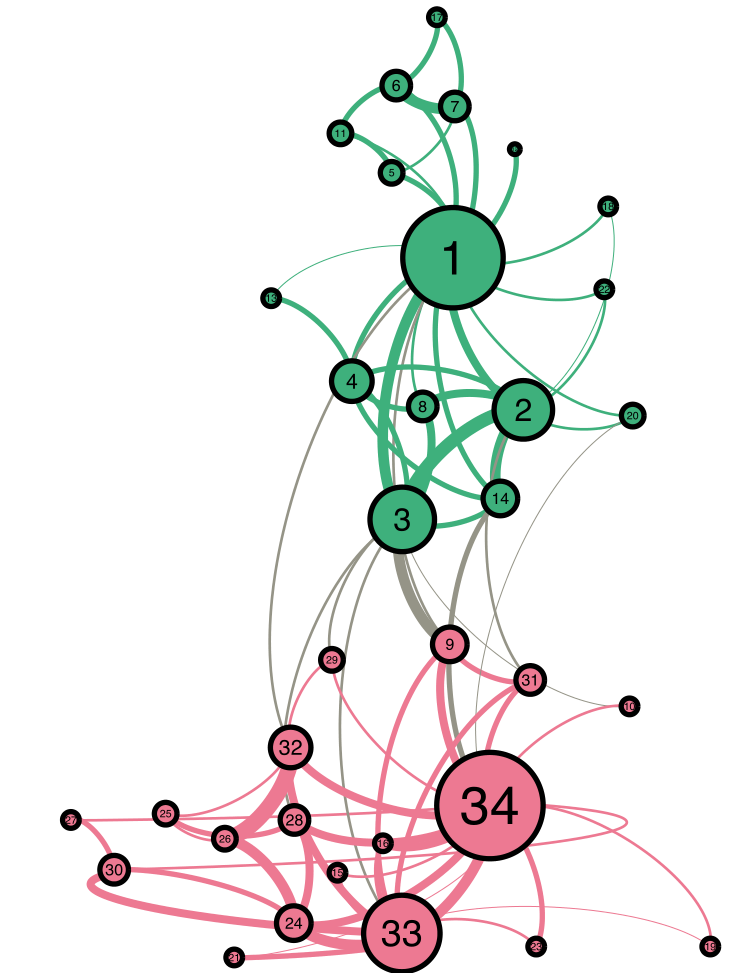Abstract
Statistical ensembles define probability spaces of all networks consistent with given aggregate statistics and have become instrumental in the analysis of relational data on networked systems. Their numerical and analytical study provides the foundation for the inference of topological patterns, the definition of network-analytic measures, as well as for model selection and statistical hypothesis testing. Contributing to the foundation of these important data science techniques, in this article we introduce generalized hypergeometric ensembles, a framework of analytically tractable statistical ensembles of finite, directed and weighted networks. This framework can be interpreted as a generalization of the classical configuration model, which is commonly used to randomly generate networks with a given degree sequence or distribution. Our generalization rests on the introduction of dyadic link propensities, which capture the degree-corrected tendencies of pairs of nodes to form edges between each other. Studying empirical and synthetic data, we show that our approach provides broad perspectives for community detection, model selection and statistical hypothesis testing.
